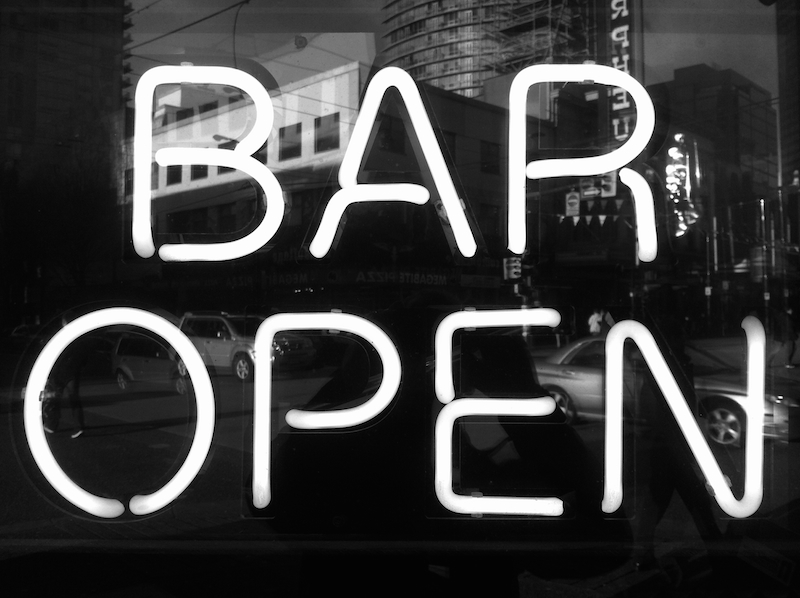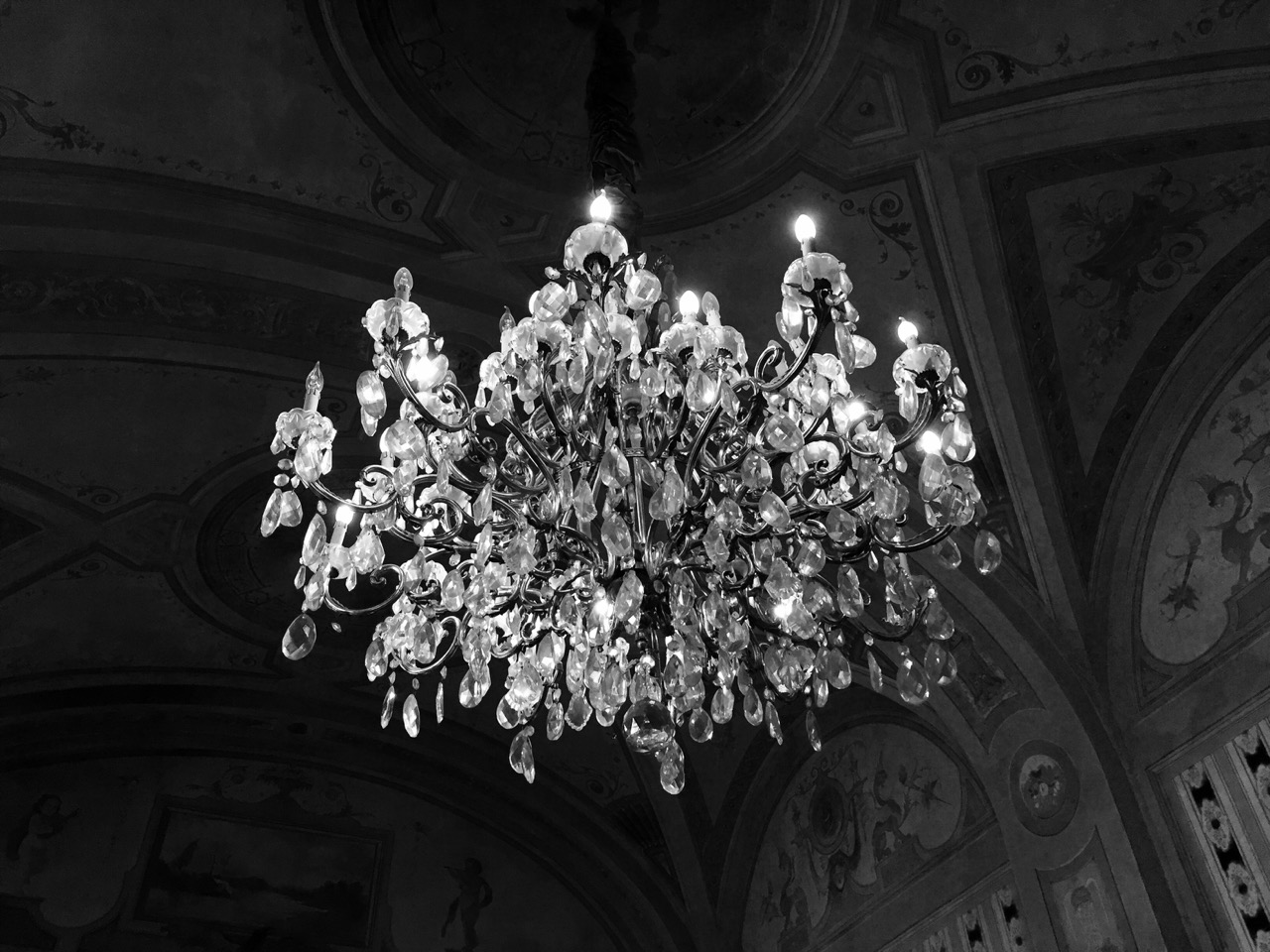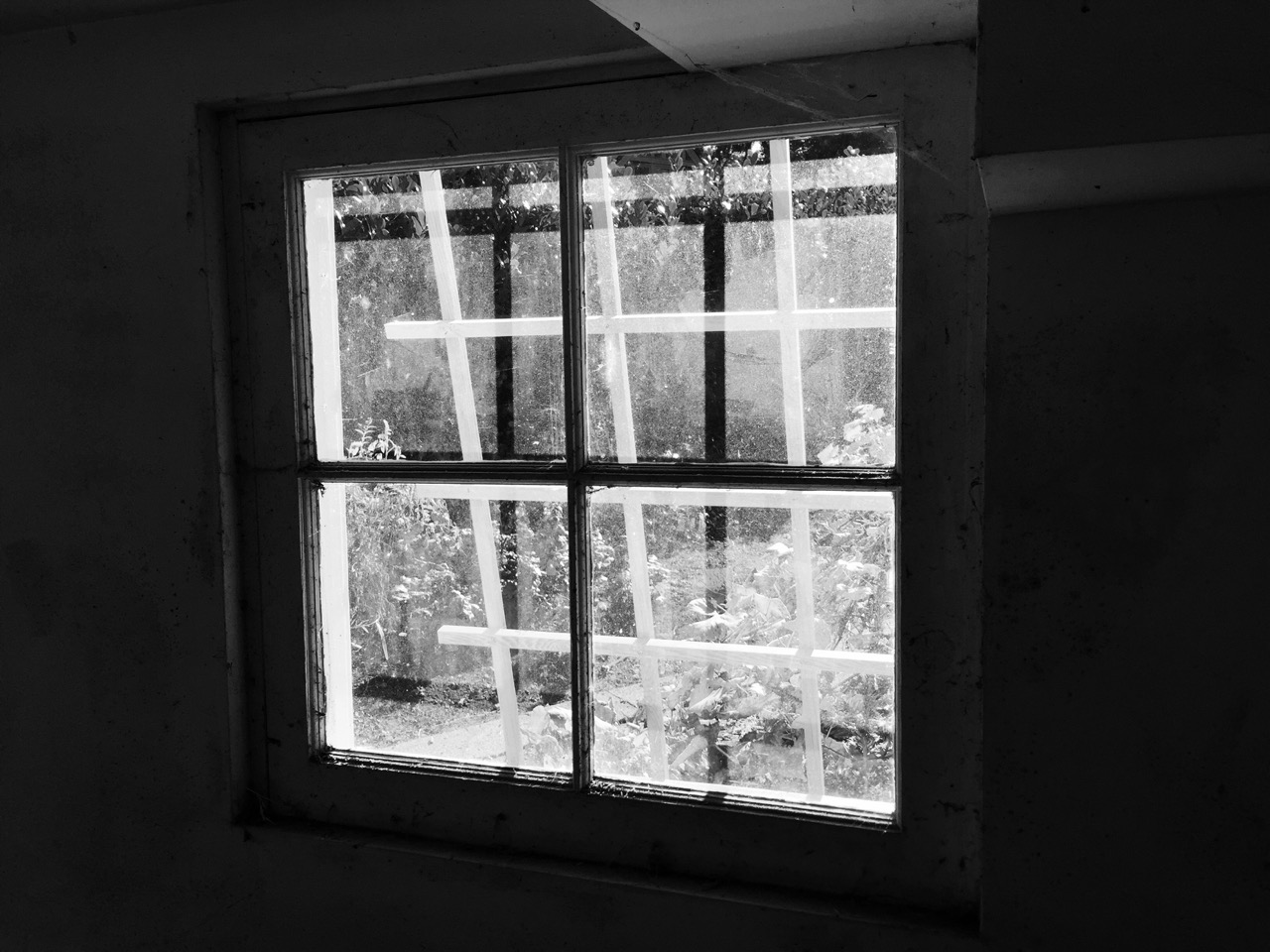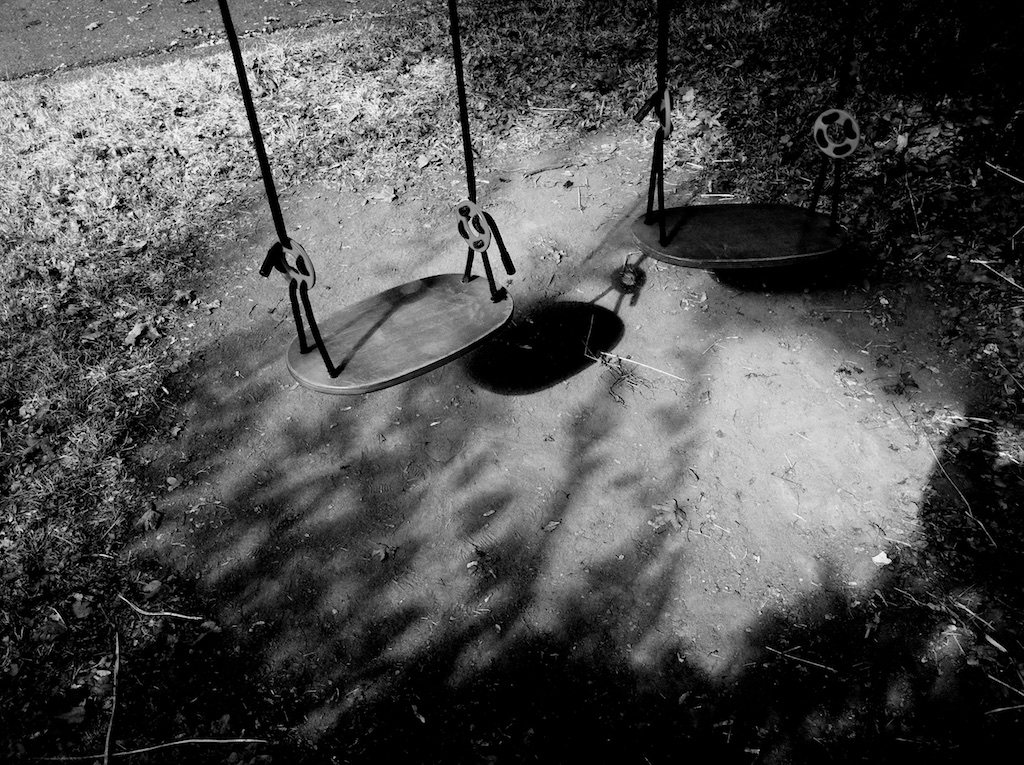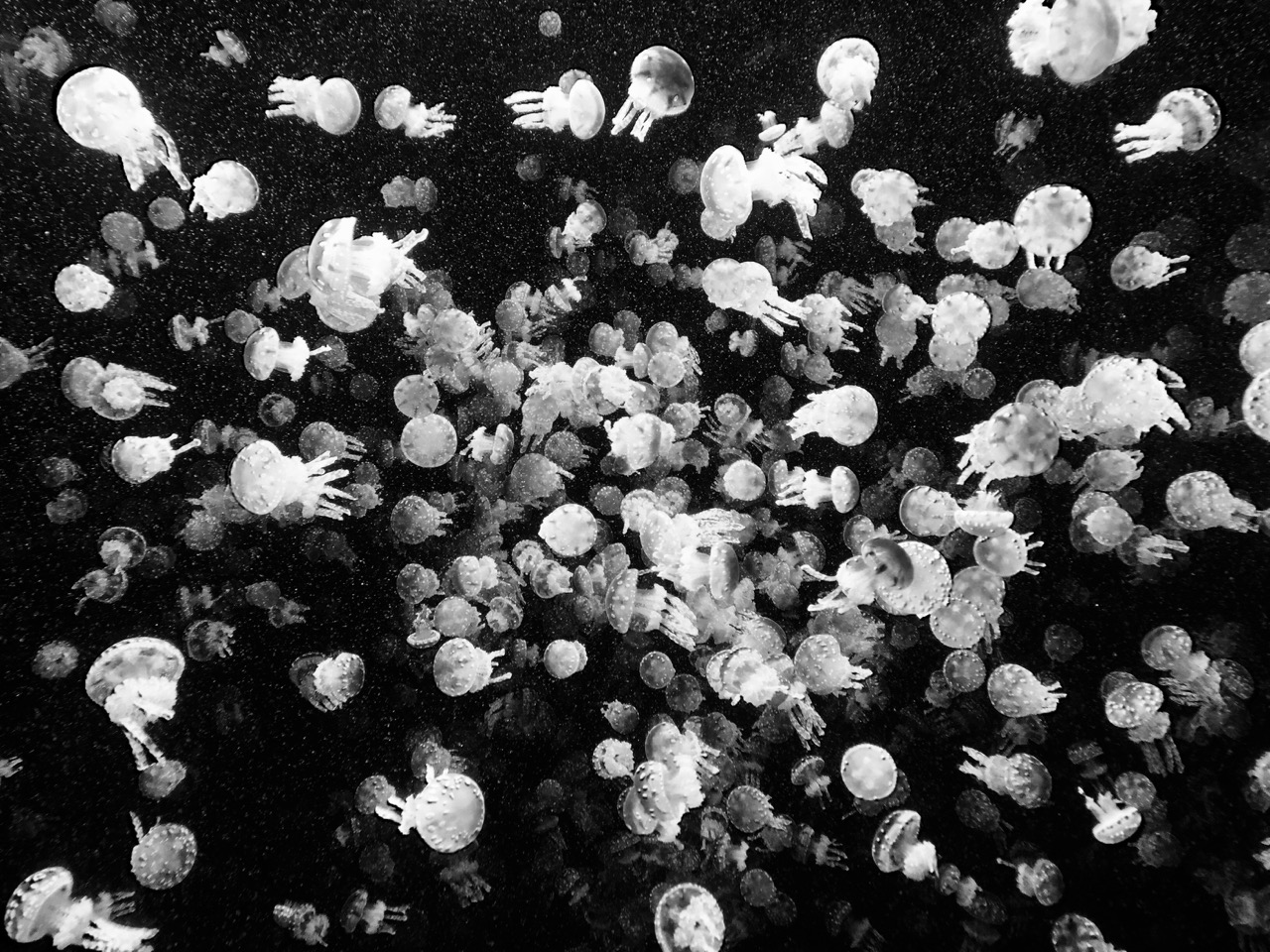skeptic – n.
- A person inclined to doubt all accepted opinions; a cynic.
- A person who doubts the truth of Christianity and other religions.
- My beliefs are a network of working hypotheses (interconnected, interdependent) that permit me to make predictions about the future with varying degrees of certainty. That is, my beliefs can be expressed in the form, "If this, then that."
- I cannot be infinitely certain about anything. That is, I cannot assign a probability of 1 to any belief.
- Therefore, in all of my thinking – that is, in all of the predictions proceeding from my beliefs – the best I can do is to be less wrong.
- Therefore, I must work tirelessly to maintain the health of my beliefs. This is the primary function of active, sustained skepticism. Skepticism is my antibody against bullshit. It is the first line of my intellectual self-defence.
- Skepticism turned outwards works to prevent false evidence and flawed hypotheses from contaminating my beliefs.
- Skepticism turned inwards works to modify or kill my beliefs in light of new evidence. It also helps me to identify so-called beliefs that do not constrain my anticipation of what might happen in the future. These "floating beliefs," i.e., those that take the form, "If this, then ... ?" have no place my thinking and must be purged.
- It is skepticism turned inwards that permits me - no, commands me - to change my mind in the face of new evidence. The ability to change my mind is not a sign of weakness, but of strength - regardless of any accusation of "flip-flopping."
- It is skepticism turned inwards that allows me to see the good in my enemies and the evil in myself.
- I must guard vigilantly against "motivated skepticism," that is, the tendency to hold to a higher standard of evidence those hypotheses that I simply do not like, or that run counter to my staked-out positions. As a naturally skeptical person, I often find it difficult to distinguish between my background, always-on skepticism and this heightened, pointed skepticism. I must be skeptical of my skepticism. ;)
- Skeptics are typically regarded as argumentative and disagreeable. Therefore, it is usually best not to maintain a position of militant skepticism.
cynic - n.
- A person who has little faith in human sincerity and goodness.
- Despite the Oxford definition of skeptic (above), I am unequivocally not a cynic.
